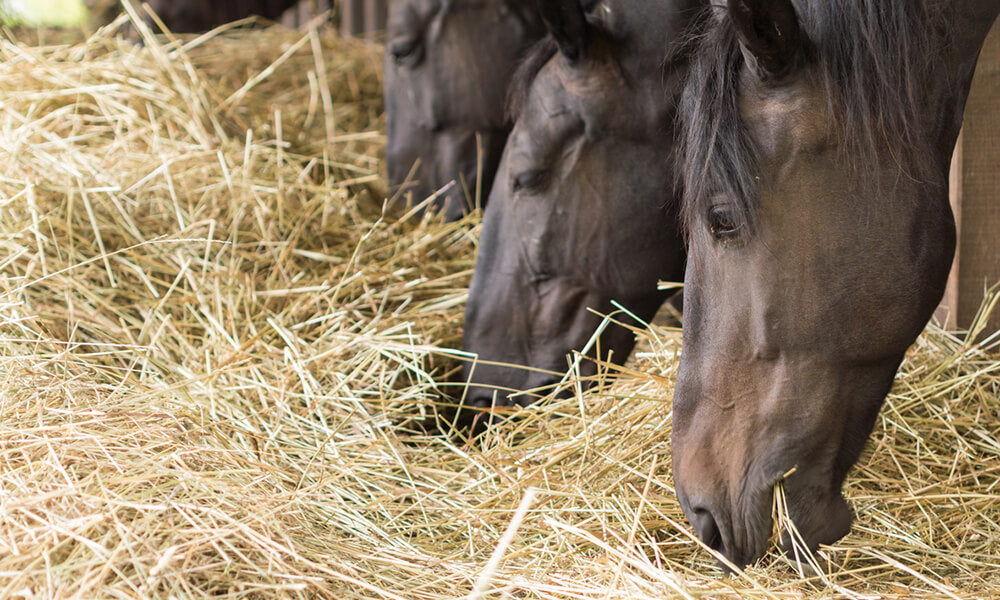When it comes to maintaining the health and energy levels of your horses, understanding protein requirements for horses is crucial. For any horse enthusiast, knowing the nutritional needs can help ensure that your horses are thriving. This article will delve into how protein impacts horse health and what you can do to meet these needs effectively.

Why Protein is Essential in a Horse’s Diet
Adequate protein intake is vital for horses as it plays a significant role in building and repairing body tissues. Moreover, protein contributes to the production of enzymes and hormones essential for daily functions. Without sufficient protein, horses could face health issues and decreased performance.
How to Assess Protein Needs
The protein requirements for horses vary depending on several factors, including age, weight, and level of activity. Younger and more active horses generally require a higher amount of protein. To assess the right levels, consider consulting with a nutritionist who can provide tailored advice.
Factors Influencing Protein Needs
Several factors affect the protein requirements for horses. For instance, a pregnant or lactating mare will have differing needs compared to a sedentary older horse. Regular evaluation and adjustment of diet are necessary to maintain health.
The Relationship Between Protein and Energy Levels
Protein intake is closely related to a horse’s energy level. Insufficient protein can lead to a decline in energy and overall performance, while excessive protein can strain the liver and kidneys.
The Best Sources of Protein for Horses
Optimal sources of protein for horses include legumes like alfalfa, clover, and soybeans, which are known for their high protein content. Commercially prepared feeds often include these ingredients to meet varied dietary needs.
Using a balanced nutrition plan is essential to cover not only protein but also other vital nutrients.
Potential Risks of Incorrect Protein Levels
Feeding too little or too much protein can have adverse effects. Low protein levels might lead to muscle loss and poor coat conditions, whereas excessive amounts can cause health issues that affect the liver and kidneys.
Identifying Signs of Protein Deficiency
Common signs of protein deficiency in horses include weight loss, a dull coat, and reduced muscle mass. If these symptoms are observed, it might be time to reassess their dietary needs.
Addressing Excess Protein in the Diet
Excessive protein can lead to increased ammonia production, resulting in respiratory issues and unpleasant odors in barns. Balancing is key to avoid these problems.
For more details on how to manage these dietary concerns, visit our article on sweet feed for horses.
Simple Ways to Determine Protein Needs
Determining the protein requirements for horses doesn’t have to be complicated. Start with a basic calculation based on your horses weight and level of physical activity. Adjust as needed depending on their response to dietary changes.
The Importance of Regular Evaluation
Regularly revisiting your horse’s dietary needs ensures they get the required protein. Utilize tools recommended by veterinarians to track and evaluate their nutritional intake systematically.
Integrating Protein into Daily Feeding Routines
Successfully integrating protein into your horse’s diet can be achieved by using formulated feeds. Align your feeding routine with daily schedules by taking cues from our summer horse feeding schedule recommendations.
Benefits of a Balanced Diet
A balanced diet not only meets protein requirements but also enhances a horse’s overall well-being. Proper nutrition leads to better energy levels, improved coat quality, and longevity.
FAQs
How much protein does a horse need daily?
The daily protein requirement depends on the horses weight and activity level. Typically, a mature horse needs about 10-12% of its diet as protein.
Can excess protein harm my horse?
Yes, excess protein can lead to health issues, including liver and kidney strain. It’s crucial to strike a balance to avoid these problems.
What are signs of insufficient protein?
Signs include poor coat quality, weight loss, and decreased muscle mass. A nutritionist can help reassess dietary needs if these symptoms are noticed.

Conclusion
Understanding and addressing protein requirements for horses is essential in promoting their well-being and performance. Through mindful assessment and a balanced diet, you can ensure that your horses thrive in their environment.
For more insights into creating a nutritious diet for horses, explore articles like our best time to feed horses and external source on nutrient deficiencies.
This article contains affiliate links. We may earn a commission at no extra cost to you.








